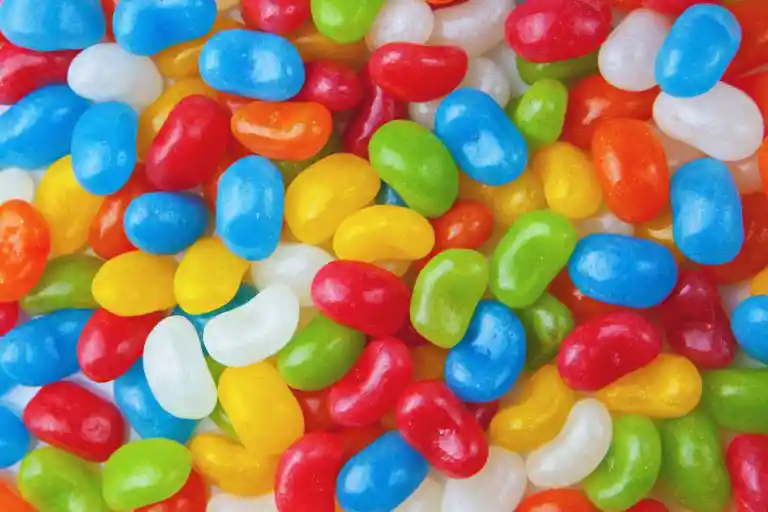Are Jelly Beans Halal? The Quick Answer
Are jelly beans halal? Jelly beans are a popular confectionery treat enjoyed by people all over the world. But for those following a halal diet, the question of whether or not jelly beans are halal can be a difficult one to answer.
Advertisements
In this blog, we will explore the ingredients commonly used in jelly bean production, and what makes a food item halal or haram according to Islamic dietary laws.
Are Jelly Beans Halal?
Yes, Jelly beans are halal-friendly as it doesn’t have ingredients of animal origin. It’s not made with any animal-derived ingredients, such as gelatin. The rule of thumb is that everything is halal by default until proven otherwise.
Jelly Belly Ingredients
- Sugar
- Corn Syrup
- Modified Food Starch
- Fruit Concentrate and Puree
- Chocolate Liquor
- Cocoa Butter
- Soy Lecithin
- Citric Acid
- Fumaric Acid
- Lactic Acid
- Malic Acid
- Phosphoric Acid
- Ascorbic Acid
- Sodium Lactact
- Sodium Citrate
- Cocoa Powder
- Natural and Artifical Flavors
- Coffee
- Color Added
- Tapioca Dextrin
- Vanilla Beans
- Beeswax
- Carnauba Wax
- Confectioner’s Glaze
- Salt
- Caffeine
None of the ingredients used in jelly beans are haram, or forbidden, under Islamic law. The only questionable ingredients is confectioner’s glaze or Shellac.
It is not permissible to consume insects, let alone to buy them. But if a substance undergoes a vigorous process of changing its physical and chemical characteristics, such as in the case of gelatin or glycerin, then it becomes a new substance, and this new substance is not related to the old one. Hence, it becomes halal.
Advertisements

According to Sheikh Assim Al Hakeem, by default, all sweets are halal until proven otherwise.
The scholars set a rule that says that in principle everything is permissible, and they based this rule on shar‘i evidence.
The Quran guidelines indicate that all food products are halal (allowed) except those explicitly mentioned as haram (not compatible with Islam law or prohibited).
So if something is haram, there should be a clear and detailed indication that it is haram. If there is no such proof, then it is not haram.
Note that Flavors and ingredients can change at anytime. Always check the ingredients to be sure if a product is halal. If there are questionable ingredients, you can contact the company.
Advertisements
Different countries may also have different flavors. Flavors could also be discontinued at any time and new flavors could be made.
Other related articles:
- Is Fruit By The Foot Halal?
- Are Fruit Roll Ups Halal?
- Are Fritos Halal?
- Are Donuts Halal? Here’s What You Should Know
Advertisements
Advertisements

